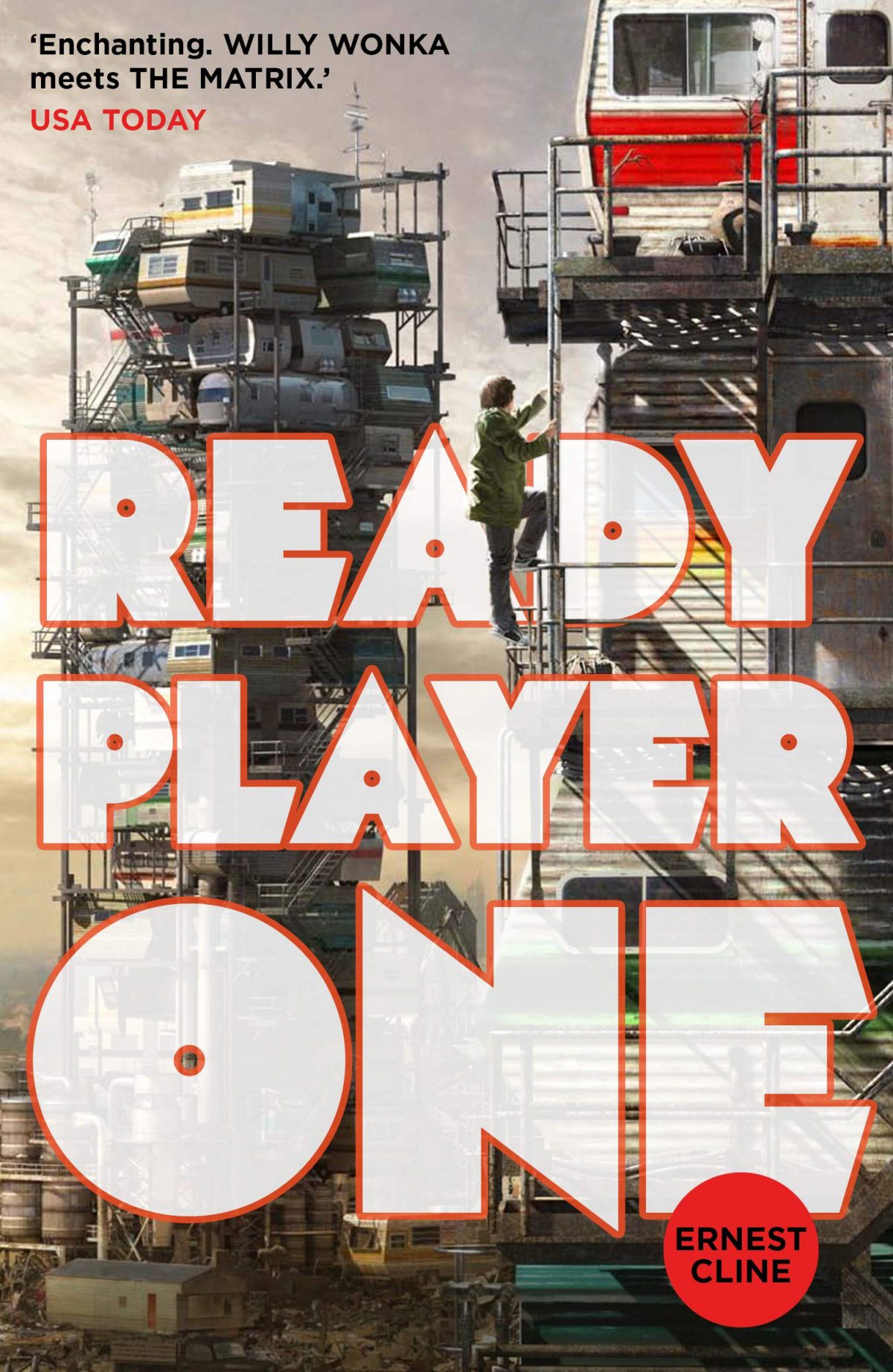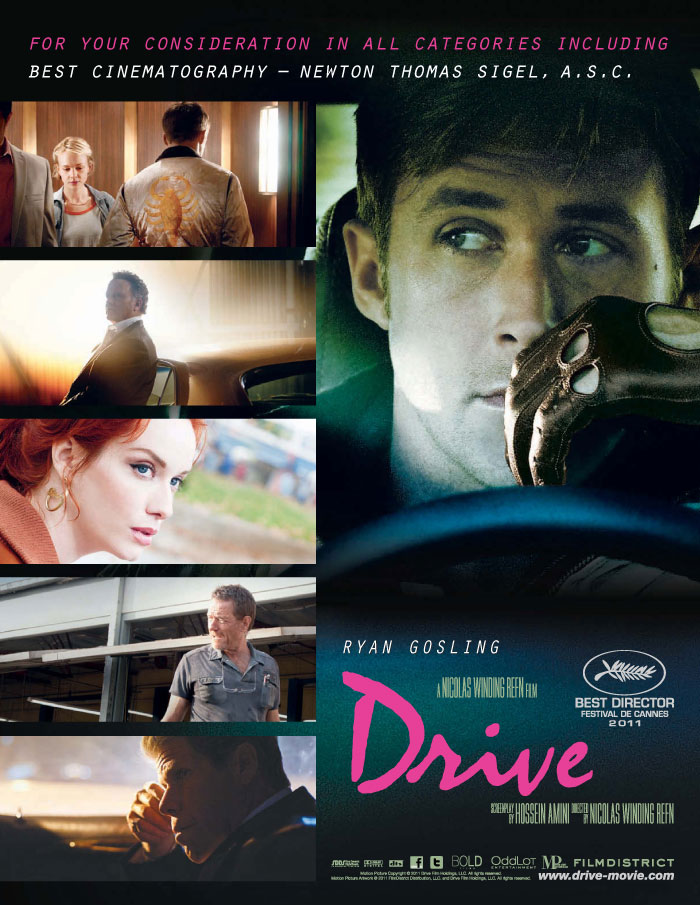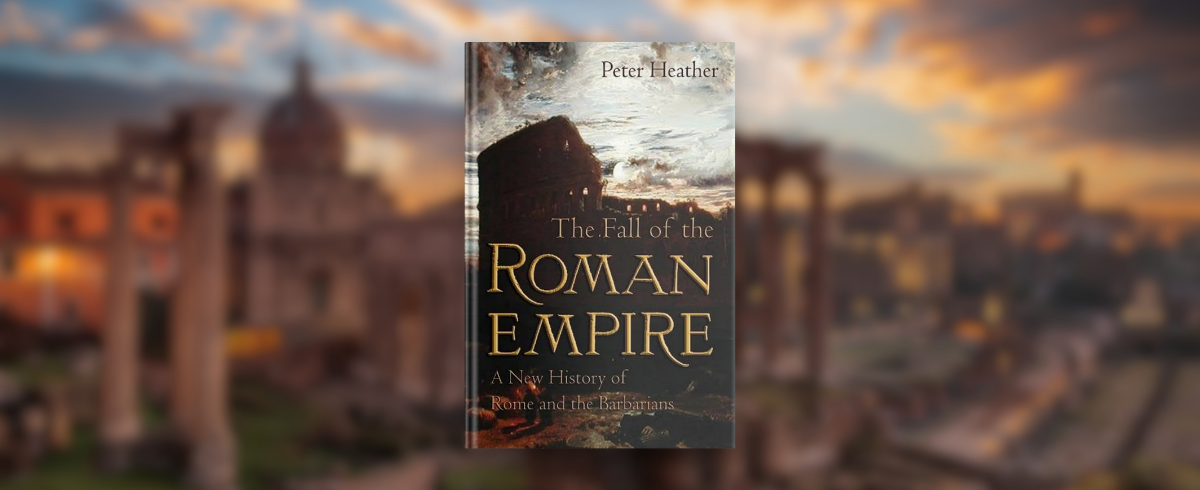Peter Heather has managed the inconceivable: to displace Gibbons (for me at least) as the reference when it comes to explaining the fall of the Western Roman Empire. He very convincingly argues that the rise of the Huns and Goths brought down the Roman Empire rather than internal conflicts and moral decline. He disputes that the Christianization of the Empire had a real impact on the running of the Empire. It brought about a cultural revolution, but did not impact the running of the Empire: “only the nomenclature was different.” Likewise, he argues that splitting the Empire in Western and Eastern parts was necessary to spread patronage throughout a very large population and avoid usurpation.
After thoroughly rejecting the internal causes of collapse, Heather argues that exogenous shocks weakened then led to the fall of the Empire. First the rise of Persia in the East as a competing super power required a mobilization of large troop numbers which left the frontier poorly defended. Then the arrival of the Huns to the borders of the Empire displaced huge numbers of “Barbarians” into the Empire. They became unified in the process. Even when the Romans temporarily contained them, the continuing Western advance of the Huns pressed new waves of invaders into its borders. The more these invaders occupied land and decreased the Empire’s ability to raise taxes to field an army, the weaker it became and the more attractive a target it became.
The loss of Africa to the Vandals was probably the coup de grace as it was the bread basket of the Western Empire and was the source of much of its wealth. Had the Romans succeeded in recapturing it in 468, the outcome might have been different. Their inability to recapture their most productive regions explains why even the collapse of the Hunnic Empire after the death of Attila did not benefit the Western Empire much.
The book is not perfect. The pacing varies dramatically and the book can be a bit tedious at times when it is too detailed or repetitive. Fortunately those parts are far and few between and the book more than makes up for it with its compelling narrative and rich description of its engaging cast of historical characters.
If you have an interest in the Roman Empire, you owe it to yourself to read this book!







